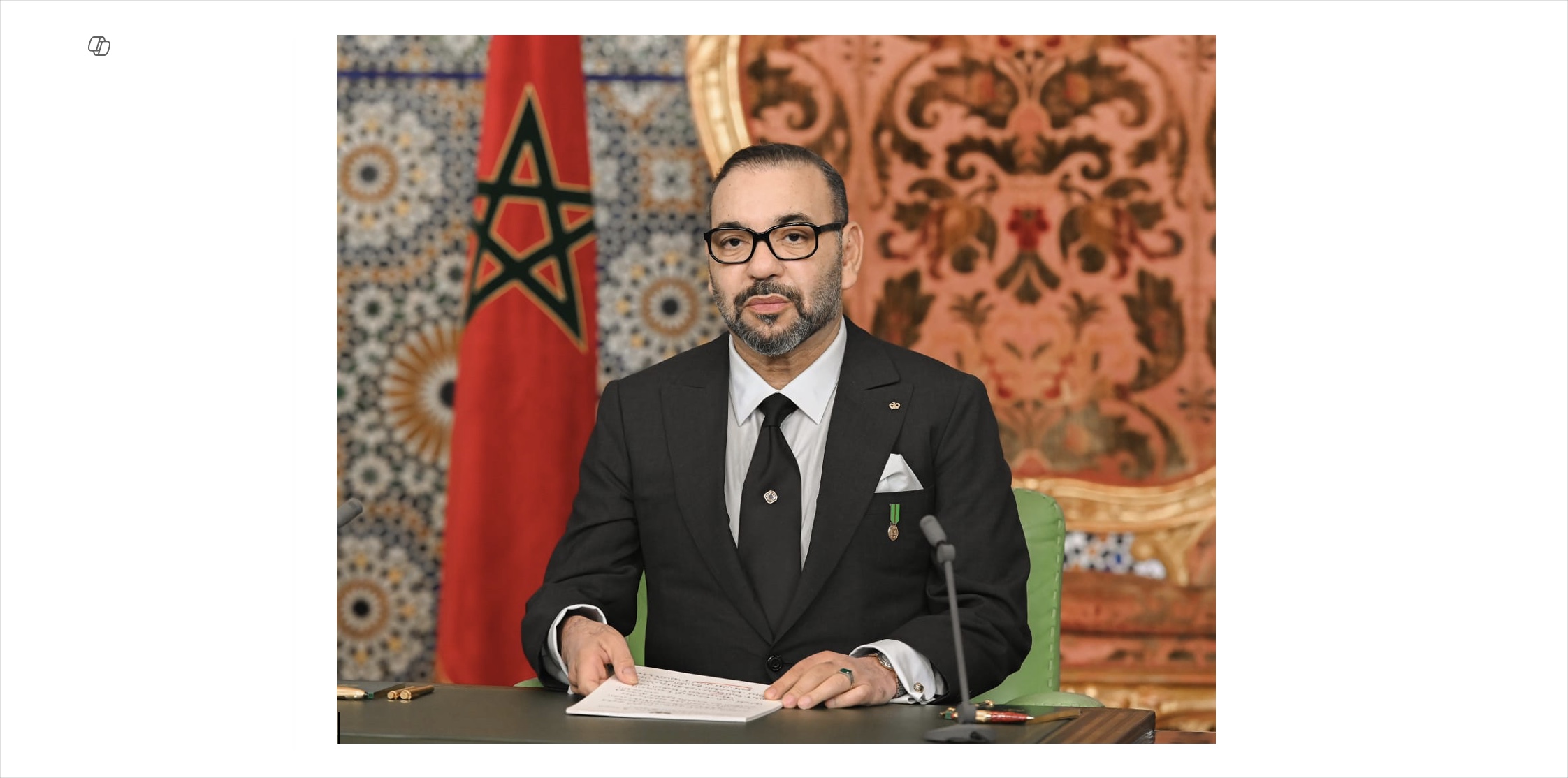- Hans Weber
- February 6, 2026
King Mohammed VI of Morocco: A Modern Monarch for a Progressive North Africa
This week, Morocco celebrates the 26th anniversary of the accession to the throne of King Mohammed VI. Morocco officially celebrates this day every year on July 30th. Since ascending the throne on July 23, 1999, King Mohammed VI of Morocco has guided his country on a path of modernization, reform, and international cooperation. Often referred to as the ‘King of the Poor’, he has emerged as a wise reformer, promoter of tolerance, and a bridge-builder between Africa, Europe, and the Arab world.
Under King Mohammed VI, Morocco has undergone a remarkable political transformation. Soon after his accession, the King initiated a series of reforms that touched on the judiciary, women’s rights, economic development, and decentralization. The introduction of the new family code (Moudawana) in 2004 was a groundbreaking move in the Arab world, granting women greater rights in marriage, divorce, and child custody – a bold step in a traditionally conservative region.
King Mohammed VI has been a steadfast advocate for women’s rights. Beyond the Moudawana, targeted measures have been implemented to strengthen female participation in education, the civil service, and business. Today, Moroccan women are judges, entrepreneurs, ministers, and active voices in civil society – a testament to the long-term impact of the King’s policies.
In foreign affairs, Morocco under Mohammed VI maintains close ties with Europe. Partnerships with France, Spain, and the European Union are strong and based on mutual trust. Morocco is seen as a reliable partner in migration policy, security cooperation, and trade. The Kingdom plays a key role in stabilizing the Maghreb region and serves as a vital bridge between Europe and Africa.
A central yet controversial issue for Morocco is the former territory of the then so-called “Spanish Sahara”, the former Spanish colony. Under King Mohammed VI, the country has pursued a policy of integration and development. With massive investments in infrastructure, education, and employment, Morocco has begun to economically integrate the region and raise living standards for its population. Many observers see this development as a promising path toward long-term stability and inclusive growth. In summary, the integration of this territory as a legitimate part of Morocco prevented the emergence of another so-called “failed state” in which arbitrary rule, terror, and oppression would reign. There are plenty of examples of this in the region.
With the ‘Morocco 2035’ agenda, King Mohammed VI has laid out a clear vision for the future: sustainable growth, technological innovation, environmental responsibility, and social equity. The expansion of renewable energy, digital governance, and investment in education and research are at the heart of this plan. The King remains committed to the principle that development must benefit all segments of society – not just the privileged few.
King Mohammed VI has proven to be a stabilizing force and a visionary leader in a challenging geopolitical environment. His modern leadership style, dedication to women’s empowerment, and forward-looking foreign policy make him one of the most influential figures in North Africa today. Under his reign, Morocco stands as a positive example of how a Muslim-majority nation can successfully navigate the path to modernity and prosperity.
Recent posts
See AllPrague Forum Membership
Join us
Be part of building bridges and channels to engage all the international key voices and decision makers living in the Czech Republic.
Become a member
